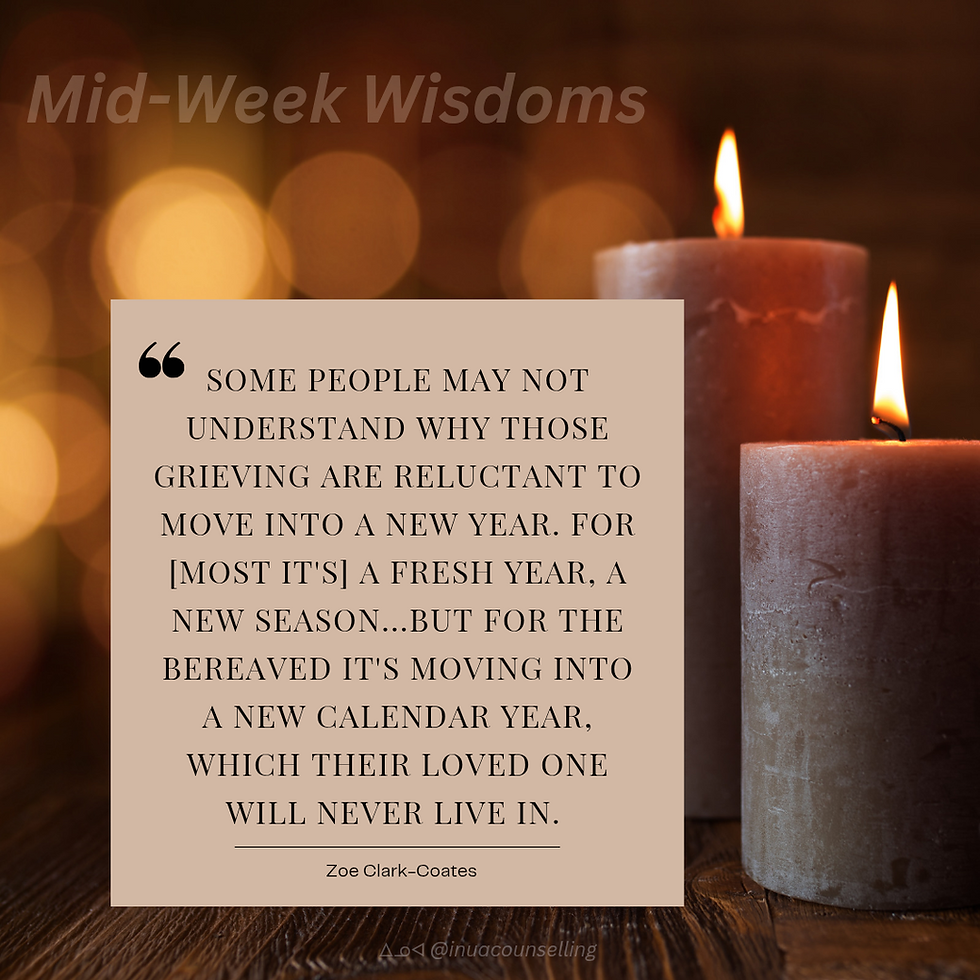The Unseen Weight: Grief in the Foster Care System
- Mackenzie Broomfield

- Jul 30, 2025
- 3 min read
"When a youth experiences removal, they are inundated with loss from this first transaction." ~ Dr. Monique Mitchell
Grief is often seen as a response to death - a singular, identifiable loss. But for children and youth in the foster care system, grief is a constant undercurrent, woven into nearly every aspect of their lives. It is the kind of grief that doesn't always get recognized or named. It is layered, complicated, and too often misunderstood.
What Does Grief Look Like in Foster Care?
When a child enters foster care, it is usually because something traumatic has happened. Whether it’s abuse, neglect, or the sudden loss of a caregiver’s ability to provide, a child’s entire world changes in an instant. That moment - being removed from everything familiar - marks the beginning of a profound grieving process.
This grief isn’t just about missing a parent. It can include:
Loss of family and community: Siblings may be separated. Grandparents, cousins, neighbors, and friends often disappear from the child’s daily life.
Loss of home and belongings: Personal items, pets, photos, and even smells and routines - all the things that gave life a sense of place - may be gone.
Loss of identity: Children in care often struggle with questions like: “Who am I?” “Where do I belong?” Their sense of self can fracture when their world falls apart.
Loss of trust and stability: After experiencing trauma and being placed in a new environment, many children feel unsafe, even if they’re technically “protected.”
These losses accumulate. They don’t disappear when a child is placed in a loving home. Grief lingers - and if it goes unacknowledged, it festers.
Complicated Grief: When Love and Hurt Coexist
One of the most difficult aspects of grief in the foster system is that it is rarely straightforward. A child might grieve the loss of a parent who was abusive. They may miss someone who hurt them. That kind of grief is tangled with guilt, confusion, and silence.
Many foster youth are also afraid to express their grief. They may feel disloyal to their birth parents if they bond with foster parents - or vice versa. They are often caught between worlds, expected to adjust and “move on,” while carrying the heavy emotional burden of unresolved grief.
How the System Fails to Address It
Despite how central grief is to the foster care experience, it is rarely treated as such. Foster care systems often focus on behavior - school performance, compliance with rules, transitions between placements - but don’t always consider the emotional core underneath.
A child acting out in school may not be “difficult.” They may be grieving.
A teen who shuts down emotionally may not be “unattached.” They may be overwhelmed with loss.
Without trauma-informed, grief-centered care, these emotional responses are misunderstood. Instead of being supported, children are too often penalized.
What Needs to Change
If we want to truly support children in foster care, we need to change how we think about grief:
Name the grief: Caregivers, caseworkers, and therapists must talk openly about loss. Give children permission to grieve - not just death, but all the losses they have experienced.
Provide grief-specific support: Access to trained therapists who specialize in trauma and loss should be a basic part of every foster child’s care plan.
Train caregivers and professionals: Foster parents and professionals need tools to recognize grief-related behaviors and respond with empathy, not punishment.
Create space for story and memory: Children should be encouraged to remember, talk about, and even celebrate parts of their past - without fear or shame.
Listening Is an Act of Love
At the heart of this issue is a need for compassionate presence. Children in foster care are grieving, even when they can’t - or won’t - say it. Listening to their stories, honouring their pain, and resisting the urge to “fix” them can be the most healing act of all.
Grief does not have a timeline, and it does not follow a script. But with the right support, children and youth in care can learn to carry their grief without being consumed by it.
The foster care system is full of survivors. But they deserve more than survival. They deserve recognition, love, and a path toward healing. And that starts with acknowledging the grief that too often goes unseen.
If you're a foster parent, caseworker, or someone who works with foster youth, your awareness of grief can make a life-changing difference. Consider learning more about trauma-informed care and how to support grieving children. They are not “acting out" - they are asking to be seen.

©2025 All rights reserved. Inua ᐃᓄᐊ Counselling & Support Services. Generated using AI.






Comments